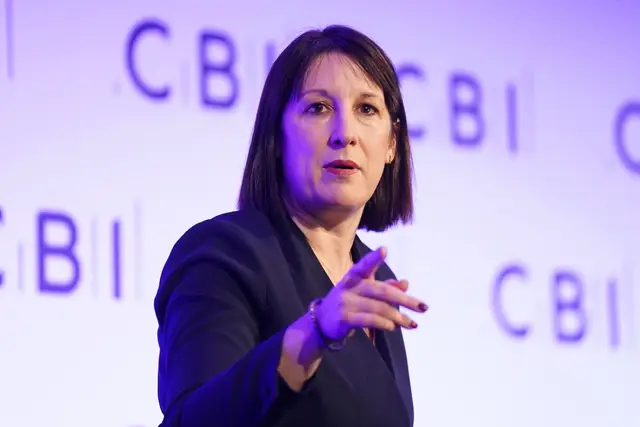S&P Survey Finds UK Services Sector Barely Avoided Contraction in November Amid Employment Cost Concerns
Growth in the UK’s services sector slowed in November to its weakest level in over a year as businesses grappled with tax increases introduced in the autumn budget.
The S&P Global UK Services PMI survey scored 50.8 in November, down from 52.0 in October, slightly exceeding the 50.0 forecast by economists. While a score above 50 indicates growth, the sector’s performance is edging closer to stagnation.
The slowdown follows Rachel Reeves’ October budget, which introduced a £40 billion tax package, including higher employer national insurance contributions and a 6.7% rise in the minimum wage starting in April. Businesses cited these measures as key contributors to declining optimism, with firms expressing concerns about rising employment costs and reduced business investment prospects.
Tim Moore, economics director at S&P Global Market Intelligence, noted that November saw business activity “close to stalling,” with weaker sales pipelines, reduced project launches, and cautious client behavior impacting output. He highlighted widespread concerns about the budget’s impact on employment costs and the broader economic outlook.
The Bank of England, maintaining its interest rate at 4.75%, is closely monitoring inflation in the services sector. While some rate-setters advocate for a cautious approach to cutting borrowing costs, services firms reported their weakest growth in new orders since June and the lowest output expectations since December 2022.
The composite PMI, which merges data from services and manufacturing, fell to a 12-month low of 50.5 in November, down from 51.8 in October, but revised slightly upward from a preliminary reading of 49.9. This signals broader economic challenges ahead.











